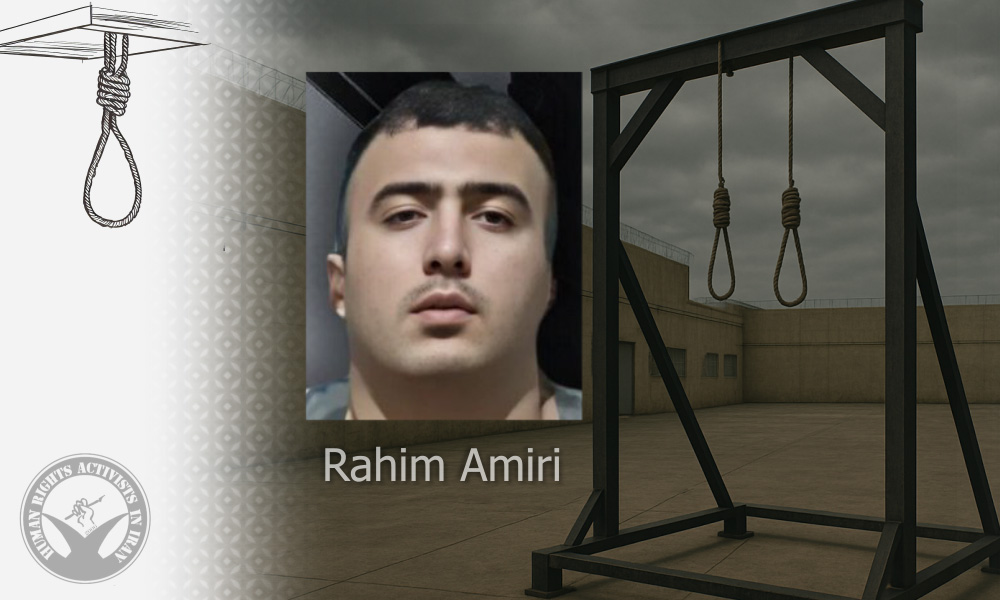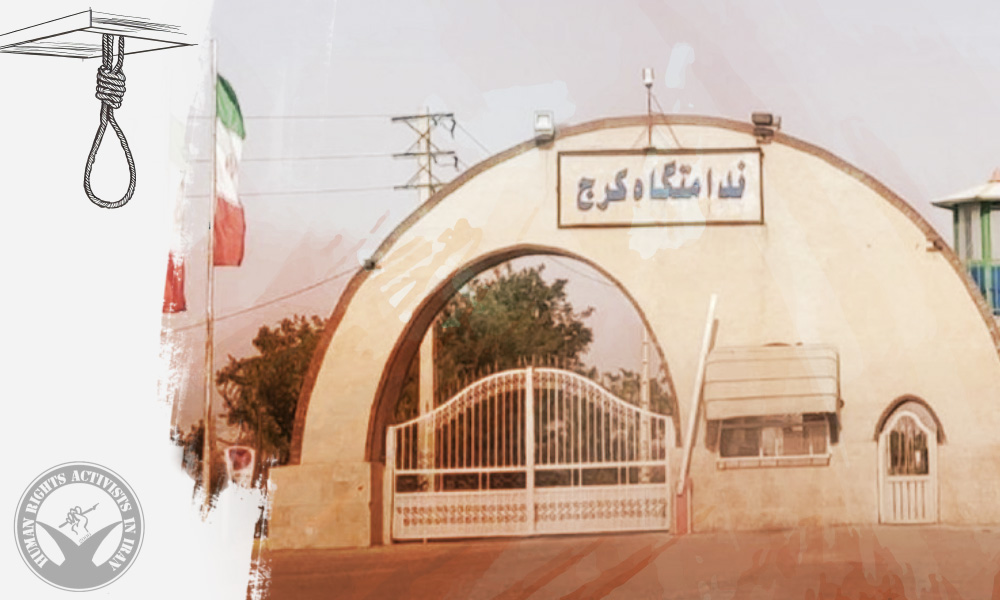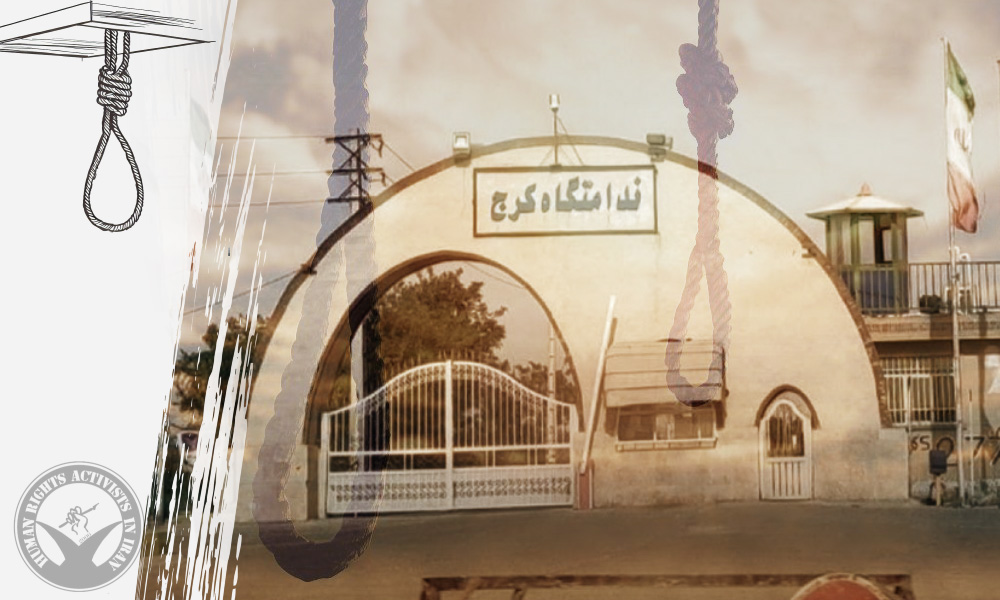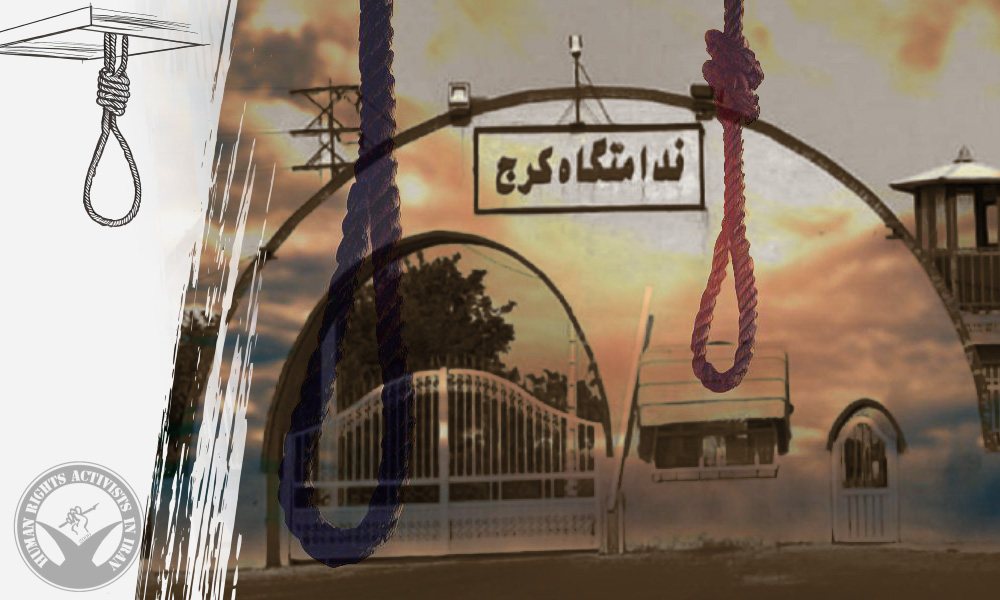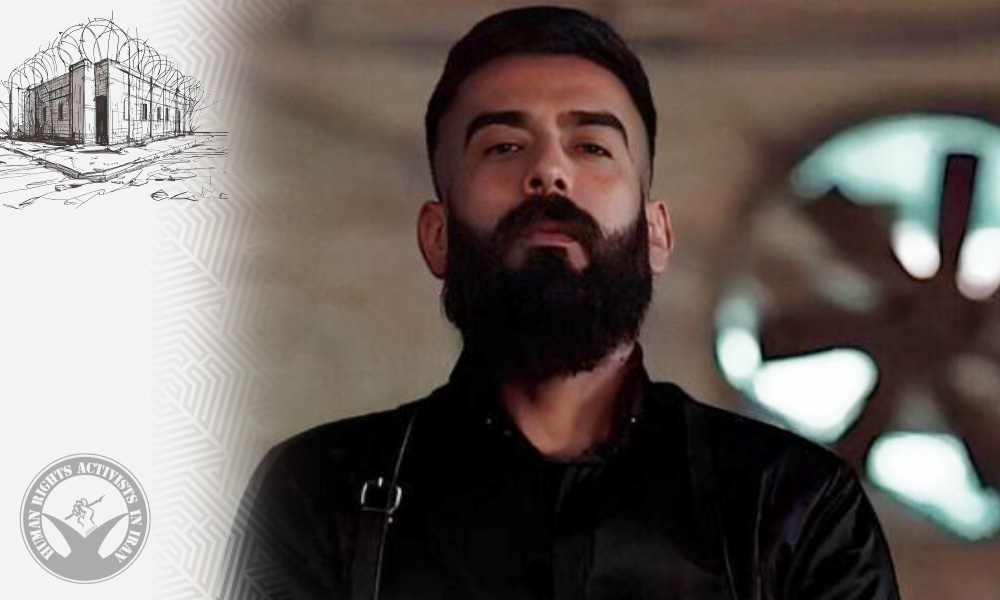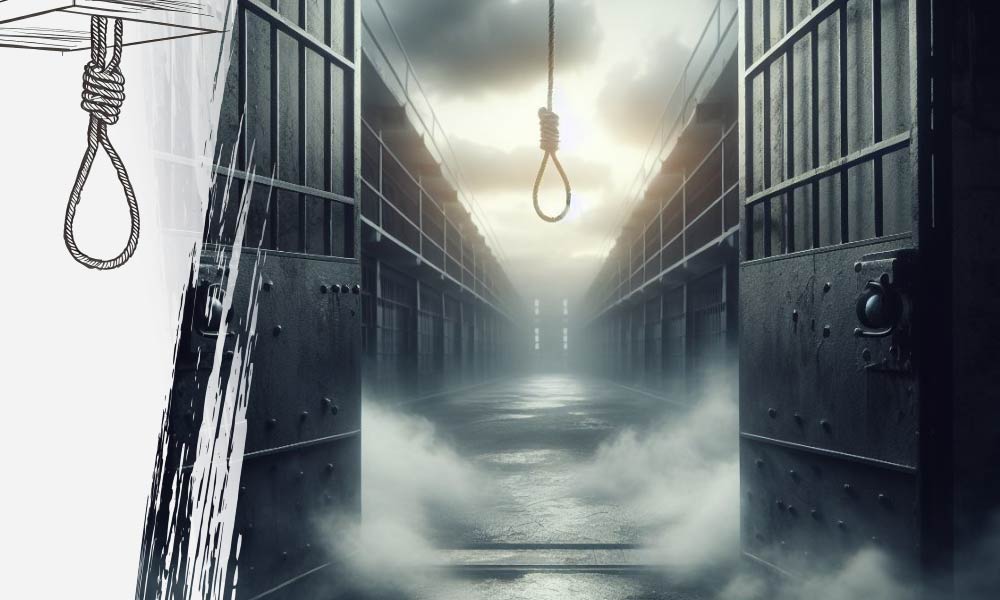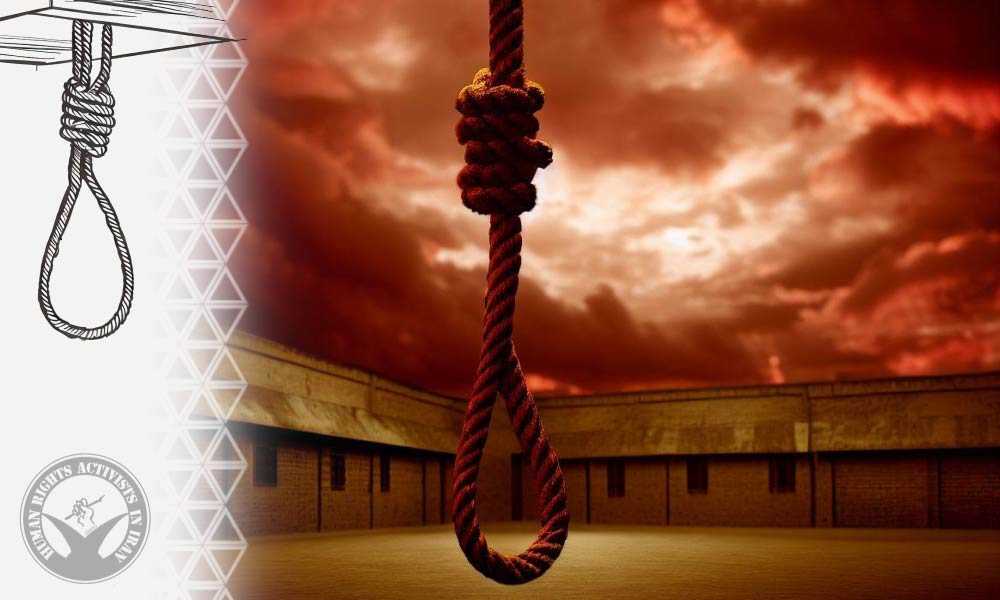Mashallah Karami, the father of executed protester Mohammad Mehdi Karami, is serving his sentence in the Central Prison of Karaj. His legal cases are being reviewed in two separate proceedings: his Revolutionary Court case is under appeal at the Supreme Court, while his Criminal Court case awaits a decision from the Court of Appeals.
A source familiar with his situation told HRANA: “Recently, Mashallah was sent to a specialized clinic for treatment due to blurred vision in one of his eyes. His Revolutionary Court case, in which he was sentenced to four years and three months in prison, is currently under appeal at the Supreme Court. Additionally, his Criminal Court case, in which he was sentenced to eight years and ten months in prison, a fine of 1.9 billion tomans, and asset confiscation, is pending the final verdict from the Court of Appeals.”
Karami, the father of Mohammad Mehdi (Koumar) Karami, an executed protester, was arrested on August 22, 2023, by security forces. During his arrest, authorities confiscated all electronic devices and froze the family’s bank accounts.
On October 28, 2023, he was transferred from The Ministry of Intelligence’s detention facility to the Central Prison of Karaj. After three months in quarantine, he was moved to Ward 15 of the prison.
Initially, on May 21, 2024, the Karaj Revolutionary Court sentenced Karami to five years in prison for “assembly and collusion against national security” and one year for “propaganda against the regime.” However, in September, the Alborz Province Court of Appeals reduced these sentences to three years and seven months for the first charge and eight months for the second.
In a separate case, in August 2024, the Criminal Court Branch 102 in Nazarabad convicted Karami of “money laundering and acquiring illicit wealth,” sentencing him to eight years and ten months in prison, a fine of 1.9 billion tomans, and confiscation of his assets.
Karami’s attorney, Ali Sharifzadeh, previously stated that the security-related charges against his client did not align with his actions. He explained: “Mr. Karami only distributed free meals, funded through public donations. This information was presented to the court but was not properly considered. Additionally, my client’s assets have no connection to the security charges leveled against him.”
In September, 2024, five citizens were fined by the Alborz Province Court of Appeals for providing financial assistance to Mashallah Karami. These individuals were previously convicted by the Karaj Revolutionary Court of “aiding in assembly and collusion against national security” through financial support to Karami, with each sentenced to two years in prison and fined 24 million tomans.
It is noteworthy that on January 7, 2023, Mohammad Mehdi Karami, one of the detainees from the nationwide protests, was executed in connection with the case known as the “murder of Basij member Ruhollah Ajamian.”



